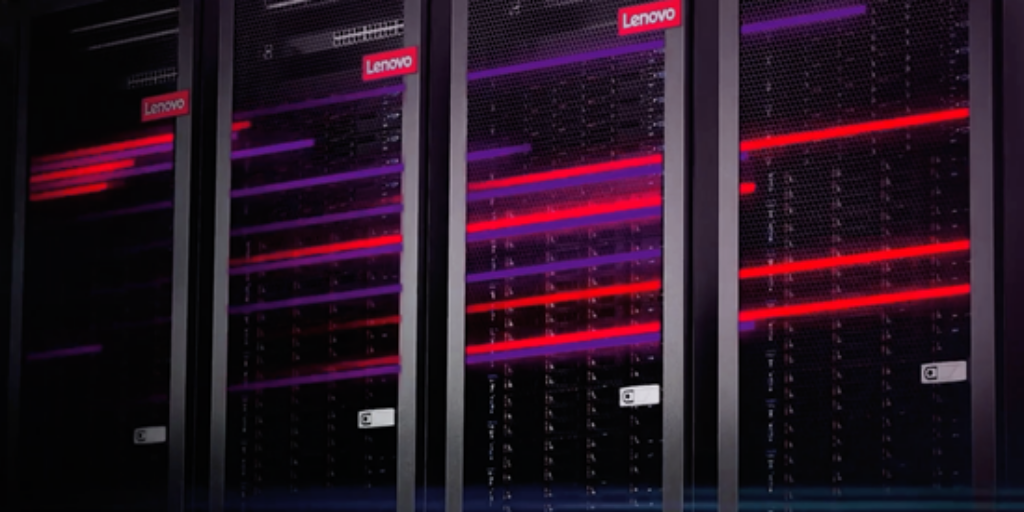Red Hat’s policy change for Red Hat Enterprise Linux source code access started the biggest open source controversy in years. @HPCpodcast continues its coverage with Red Hat’s Mike McGrath, whose two blogs in late June announced the company’s new RHEL stance ….
HPC News Bytes 20230905: Google Cloud Teams with NVIDIA; Arm Neoverse; ETH’s Hoefler Also at CSCS; RHEL
A hearty and happy September to you. This week’s HPC News Bytes hops across the (5:00) key developments in HPC-AI. We look at: Google Cloud Platform’s “AI-optimized infrastructure” with TPU v5e and Nvidia H100’s; Arm Neoverse Compute Subsystem; ETH’s Torsten Hoefler now also CSCS Chief Architect for ML; @HPCpodcast: Greg Kurtzer on the RHEL source code controversy.
@HPCpodcast: Evaluating Specialty AI Chips at Argonne’s AI Testbed
Our latest episode of @HPCpodcast delves into the Cambrian explosion of AI specialty chips – of which there so many have been released on the HPC-AI market that it’s hard to discern which chip is right for what workload. Hence the AI Testbed at the Argonne Leadership Computing Facility. Shahin and Doug spoke with Venkat Vishwanath….
@HPCpodast: Supercomputing Strategists Look out 20 Years at the Post-Exascale HPC Future
Post-exascale supercomputing for the NNSA (National Nuclear Security Administration) is the subject of a new report by a distinguished review committee comprised of notable supercomputing experts, three of whom presented their findings at a webinar last week. Among other observations Shahin and Doug came away with is that those responsible for guiding U.S. supercomputing leadership on the global stage are under relentless pressure, in an increasingly challenging environment, to make mistake-free, long-term strategic choices. Their task is like that of Sisyphus, except the boulder never rolls down the mountain, it must eternally be pushed up. As one of the panelists — Dan Reed of the University of Idaho — said, “in supercomputing, these are the best of times and the worst of times.”
@HPCpodcast: Silicon Photonics – Columbia Prof. Keren Bergman on the Why, How and When of a Technology that Could Transform HPC
Silicon photonics has the potential to transform HPC: it’s a dual-threat interconnect technology that could – if and when it is wrestled into commercial, cost-effective form – move data within chips and systems much faster than conventional, copper-based interconnects while also delivering far greater energy efficiency. Venture-backed start-ups and established tech companies….
@HPCpodcast: Ukraine’s Frontline Software Soldiers; the UK’s Exascale Strategy; House Hearing on Global Tech Leadership; Intel’s Revised Roadmap
Soon after the one-year observance (Feb. 24) of Russia’s invasion of Ukraine, the Wall Street Journal ran an article by Shyam Sankar, CTO at big data and machine learning company Palantir, on the vital role of Ukrainian software engineers cum front line soldiers in the country’s war effort. It’s a remarkable story of technology entrepreneurship brought to the battlefield, one that helps explain how Ukraine, a country with less than 25 percent the population of Russia, has successfully pushed the invaders back from their early territorial gains. Sankar’s article compelled Shahin and Doug to reflect on the new type of war Ukraine is waging….
@HPCpodcast: The AI Gold Rush, Virtual Quantum, an Advance for Silicon Photonics and Nuclear Energy for Future Supercomputers
In what may become a regular segment of the @HPCpodcast, Shahin and Doug cover important recent developments in HPC and AI that signal changes in markets and policies. Always, we keep an eye on where these developments fit into the big picture, what it all means. This time, we look at what may be AI’s “iPhone moment” (you guessed it: ChatGPT) and the ensuing AI gold rush that’s been gaining massive investment momentum since about 2015, much to the happiness of NVIDIA shareholders; virtual quantum computers; and how advances in silicon photonics could change the chip – and therefore the technology – industry….
Let’s Talk Exascale: ALCF’s Katherine Riley Talks Aurora Deployment, Impactful Science and Partnering with ECP
In this episode of the “Let’s Talk Exascale” podcast, the Exascale Computing Project’s (ECP) Scott Gibson talks with Katherine Riley, director of science at the Argonne Leadership Computing Facility. Her mission is to lead a team of ALCF computational science experts who work with facility users to maximize their use of the facility’s computing resources. […]
@HPCpodcast: ‘Quantum in Pictures’ Author Bob Coecke
The HPC community is a very intelligent bunch, as a rule, but a few segments of the industry call for an exceptional, Himalayan level of smarts. One of them is quantum. Conversing – or trying to converse – with a quantum computing specialist is for most of us a withering and futile experience from which we emerge feeling strangely reduced. Quantum people speak a language we don’t know and play a sport we’ve never seen, yet we very much want to understand both. Quantum could change the world. But how? Into this opaque arena comes Bob Coecke, chief scientist at quantum company Quantinuum, who is co-author with Stefano Gogioso of the recently-released Quantum in Pictures: A New Way to Understand the Quantum World, which is intended to make quantum more accessible.











